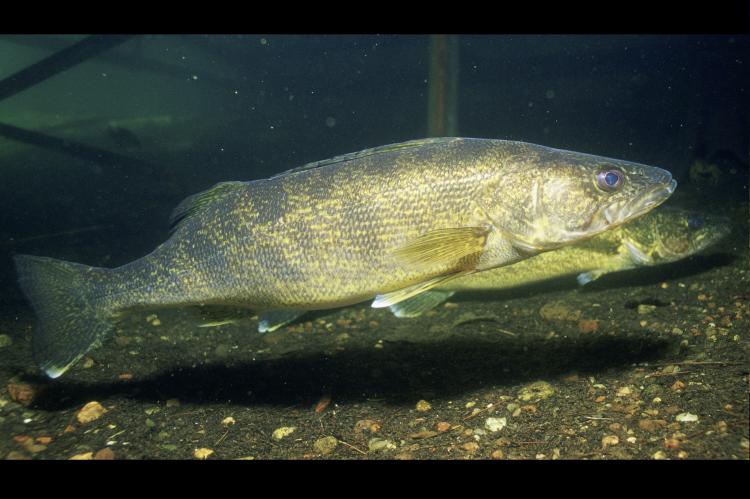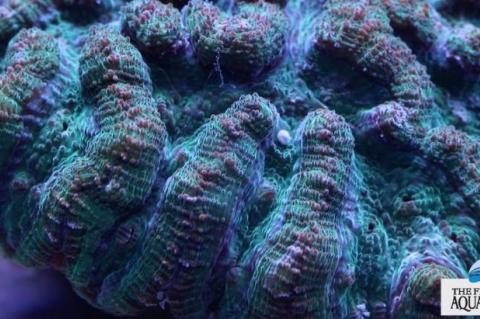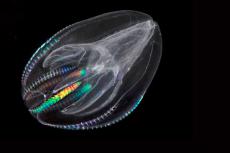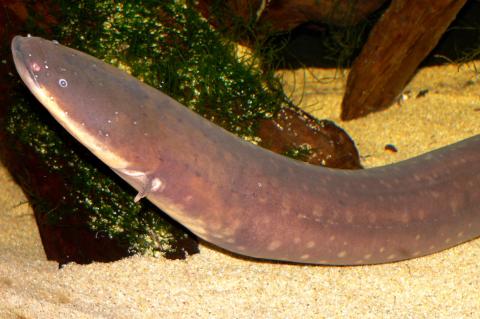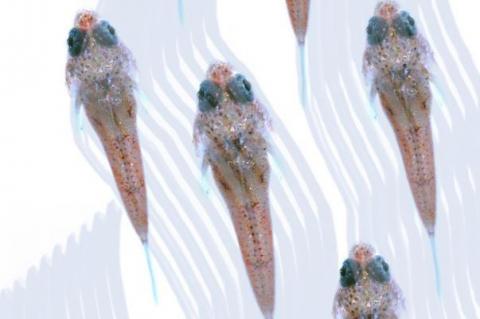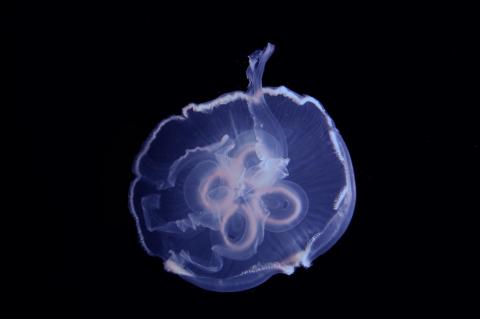1 minute
Human antidepressants found in fish brains
Scientists have detected the presence of antidepressants in the brains of fish in the Great Lakes region.
High concentrations of human antidepressants and their metabolized remnants have been detected in the brain tissue of 10 fish species in the Niagara River, in the US.
Bass and walleye are among the fish species affected.
Although this is unlikely to have significant impact on people (as people generally do not consume fish brains), it can affect the fish’s feeding behavior or survival instincts, making them less likely to react to the presence of predators.
“These active ingredients from antidepressants, which are coming out from wastewater treatment plants, are accumulating in fish brains. It is a threat to biodiversity, and we should be very concerned,” said lead scientist Diana Aga, PhD, the Henry M. Woodburn Professor of chemistry in the University at Buffalo College of Arts and Sciences.
Co-author Randolph Singh PhD, a recent UB graduate from Aga's lab, said that the behavioural changes have the potential to disrupt the delicate balance between species within the ecosystem.


